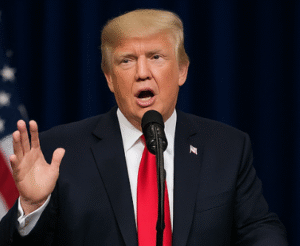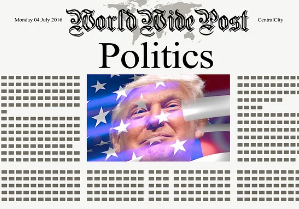$TSLA $LIT $XME
#criticalminerals #energytransition #geopolitics #Ukraine #electricvehicles #renewableenergy #miningstocks #lithium #cobalt #rareearths
Critical minerals are an increasingly vital component of the global economic and environmental landscape, pivotal not just in the realm of technology, but as the backbone of the burgeoning energy transition from fossil fuels to renewable sources. This transition, essential for combating climate change, leans heavily on a variety of materials such as lithium, cobalt, and rare earth elements. These minerals are indispensable for the production of electric vehicle (EV) batteries, solar panels, wind turbines, and other technologies critical to achieving a sustainable energy future. The recent focus on securing these resources, underscored by former President Trump’s deal with Ukraine, signals a shift towards strategic partnerships aimed at ensuring access to these precious commodities.
The importance of secure and reliable access to critical minerals cannot be overstated, as these materials are integral to national security, technological innovation, and economic stability. The deal between the United States and Ukraine reflects an understanding of the strategic value these resources hold, extending beyond mere commercial interest to touch upon wider geopolitical considerations. This partnership, emblematic of a broader trend, highlights how countries are increasingly looking to diversify their sources of critical minerals to reduce dependency on dominant suppliers such as China, which currently controls a significant portion of the global supply chain for these materials.
Moreover, the pursuit of critical minerals is not without its challenges and controversies, including environmental degradation, human rights abuses, and the geopolitical tensions that resource competition can inflame. For instance, mining operations can have devastating effects on local ecosystems, while the extraction of certain minerals, like cobalt from the Democratic Republic of the Congo, has been linked to child labor and other human rights violations. These issues underscore the need for responsible sourcing practices and the development of alternative materials and recycling technologies that can alleviate the pressure on primary resources.
The strategic maneuvering around critical minerals, as demonstrated by the Trump administration’s deal with Ukraine, suggests a new era of resource diplomacy, wherein access to these materials is a key factor in shaping global alliances and economic policies. As the world continues to march towards a cleaner and more sustainable energy future, the importance of these minerals will only grow, making their acquisition a matter of international priority. This evolving landscape presents both opportunities and challenges, requiring a delicate balance between securing the necessary resources for the energy transition and ensuring that the pursuit of these materials does not come at an unacceptable environmental or human cost.











Comments are closed.